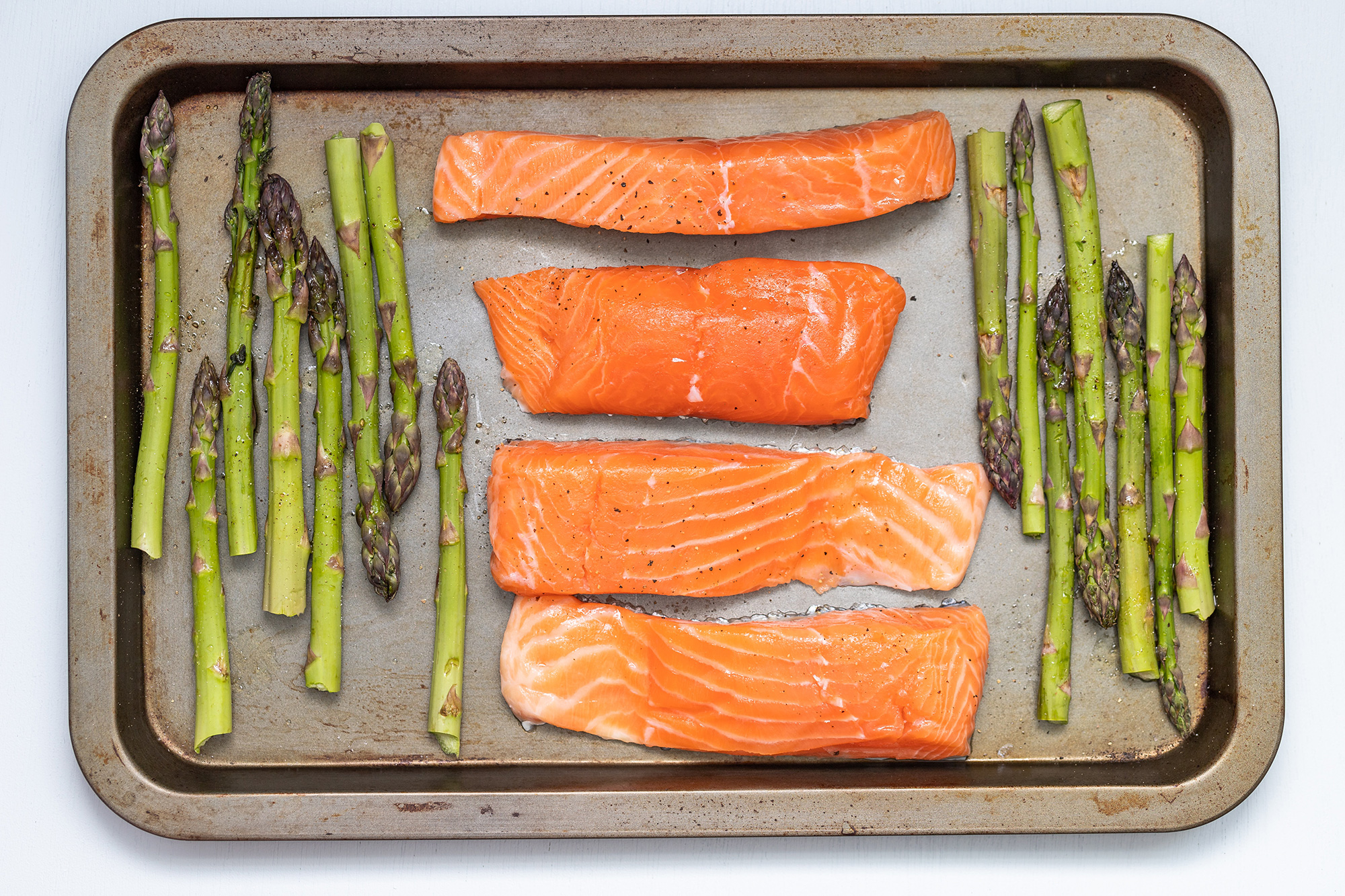Is the Mediterranean diet plan as good as everyone says?
The Mediterranean diet plan is said to contain a whole host of benefits, but what does the science say?


The Mediterranean diet plan has been lauded for years as one of the healthiest ways to eat in the world. Consisting mostly of fruit and vegetables, fish, whole grains and plenty of olive oil, the diet consists of much less red meats and processed foods than other western diets. But why is the Mediterranean diet so popular, and how do we incorporate more of it into our daily lives?
Mediterranean diet plan: What's so good about it?
There's actually a lot of science backing up the oily based Mediterranean diet plan. The scientific journal Molecular Nutrition & Food Research found a Mediterranean diet, featuring lots of healthy fats from nuts and olive oil, increases your blood's antioxidant levels. This helps prevent your cells becoming damaged in later life, alleviating your cancer risk. It also improves metabolic syndrome, which is a group of conditions like high blood pressure, obesity and prediabetes.
Another study of 772 participants, published in the Annals of Internal Medicine, studied the the Mediterranean diet's effect on cardiovascular health risks. It was found the diet plan was beneficial, helping manage the participant's body weight, blood pressure, body fat profile, glucose levels and inflammation.
The diet plan was also linked to weight loss management in a third study from the journal Circulation: a high-fat Mediterranean diet increases body weight, body mass index, and fat mass. The science is clear: the Mediterranean diet plan is both actively beneficial for your health and good for your weight loss goals.
Mediterranean diet plan: Where do I start?

The Mediterranean diet plan isn't just about pouring olive oil all over a Caesar salad. There's a few principles you should be sticking to in order to make the most out of the diet.
Eat lots of the following:
- Vegetables
- Fruits
- Nuts and seeds
- Fish
- Potatoes
- Whole grains
- Olive oil
- Herbs and spices
Eat some of the following:
Start your week with achievable workout ideas, health tips and wellbeing advice in your inbox.
- Poultry
- Dairy products
- Eggs
Eat less of the following:
- Red meat
- Processed meat (e.g. bacon)
- Refined or "white" grains
- Sugary soft drinks
And that's pretty much all you need to know! Following these easy science-backed guidelines will add a Mediterranean spin to your diet plan, providing a tasty, healthy alternative menu that doesn't skimp on taste, helps you manage your waistline and reduce your risk of heart disease, cancer and obesity.
Liked this?
Matt Evans is an experienced health and fitness journalist and is currently Fitness and Wellbeing Editor at TechRadar, covering all things exercise and nutrition on Fit&Well's tech-focused sister site. Matt originally discovered exercise through martial arts: he holds a black belt in Karate and remains a keen runner, gym-goer, and infrequent yogi. His top fitness tip? Stretch.
